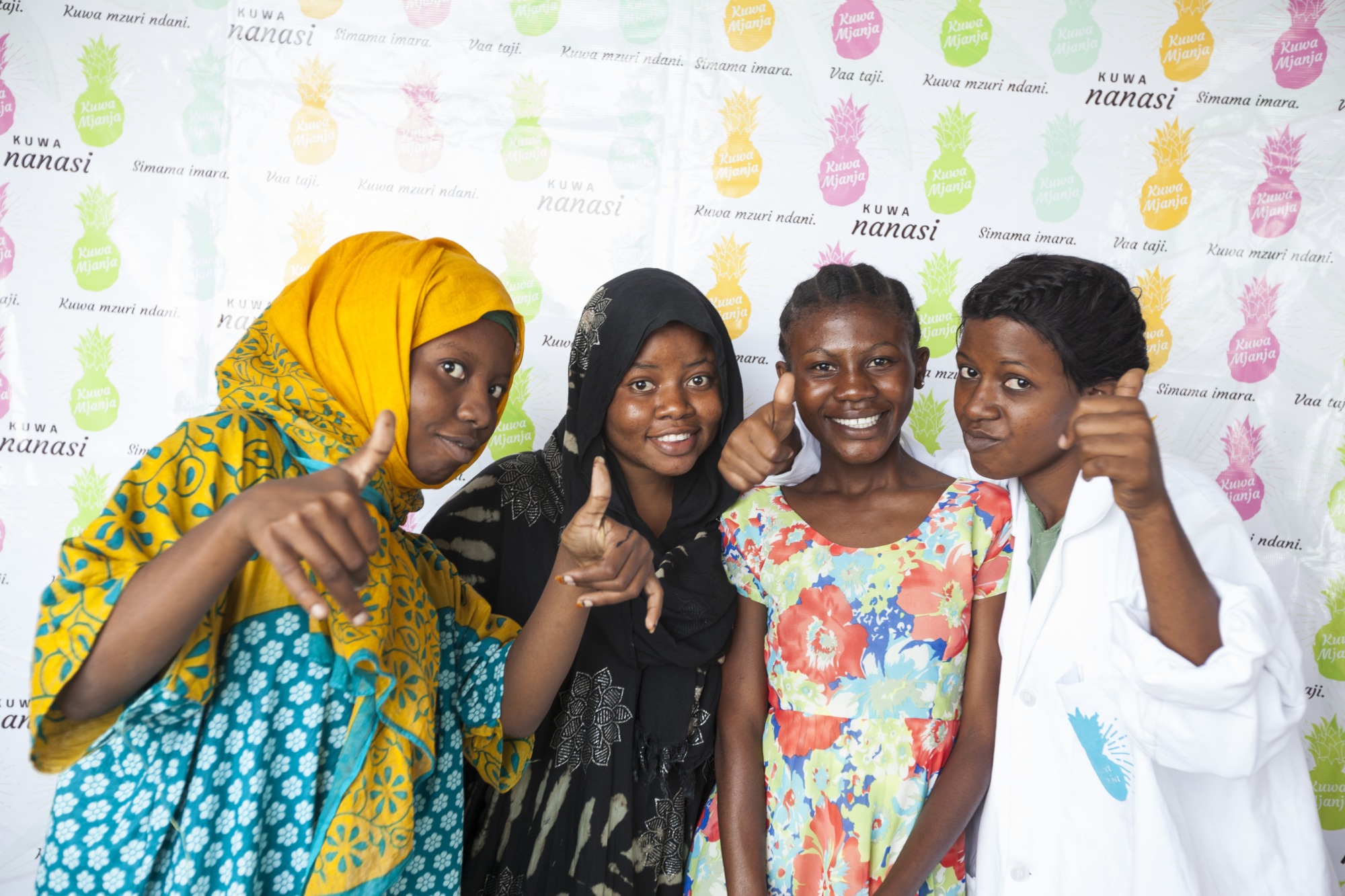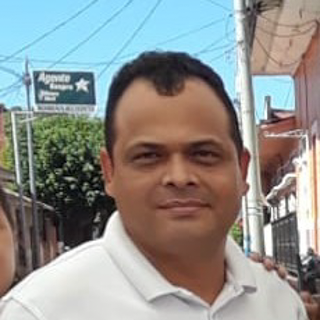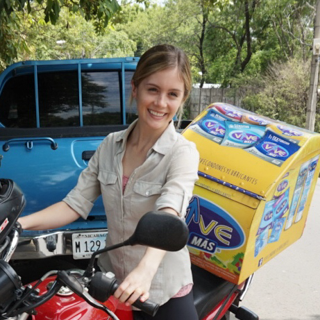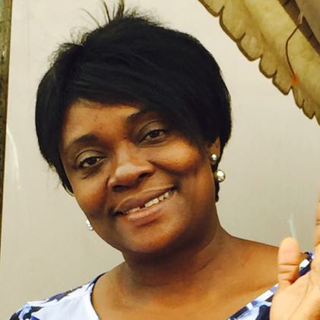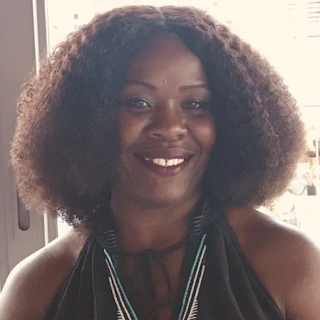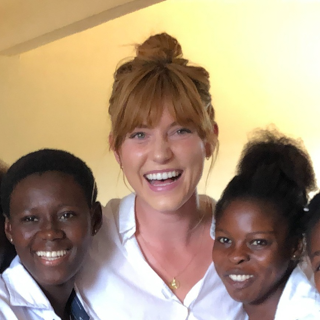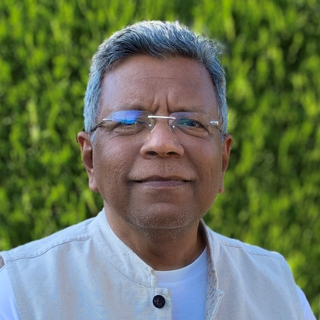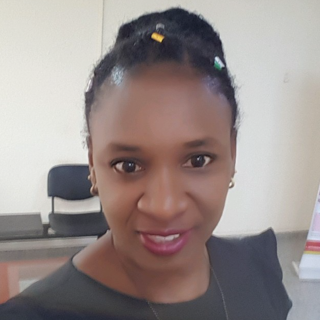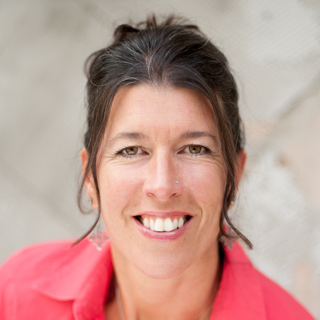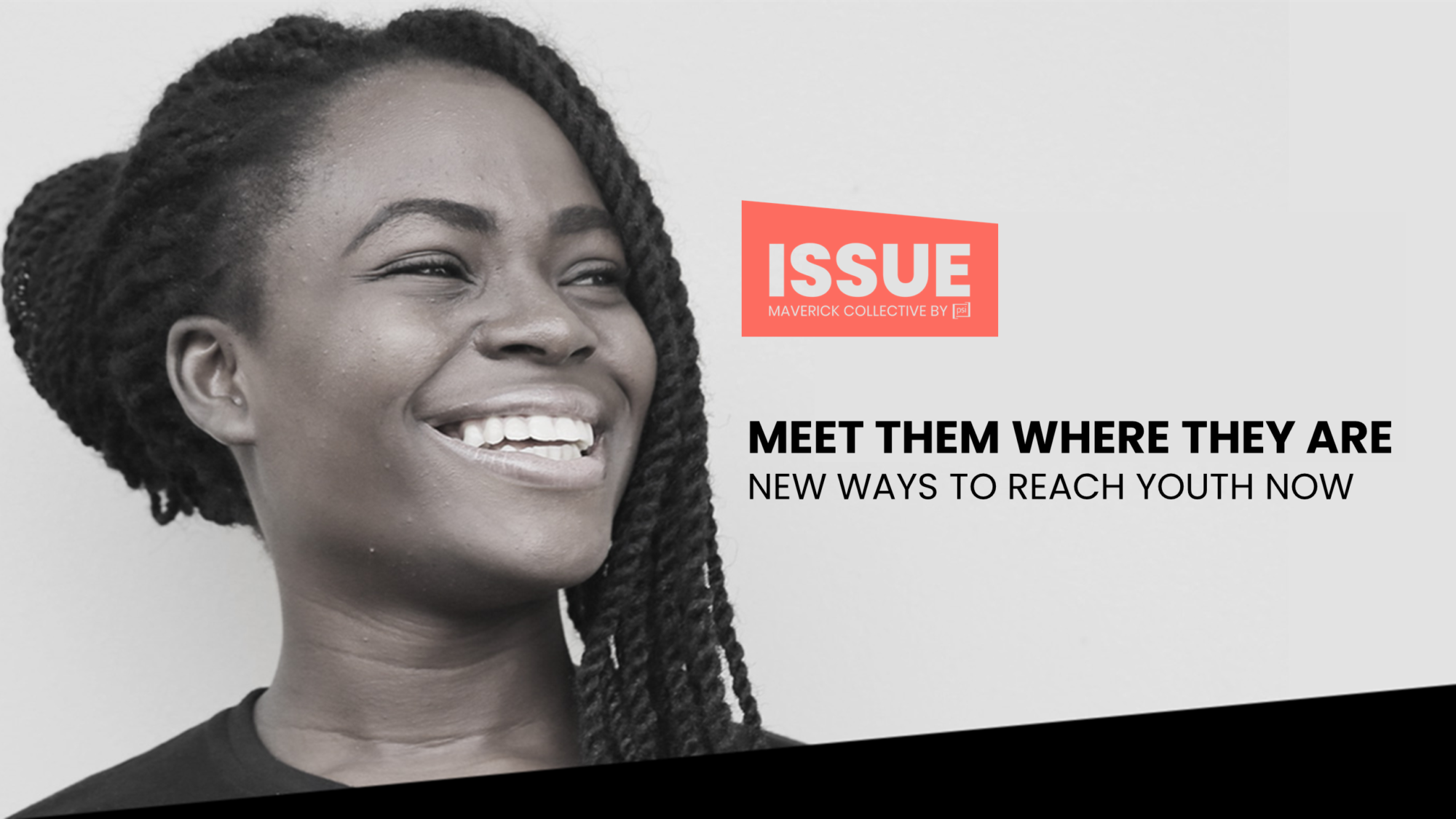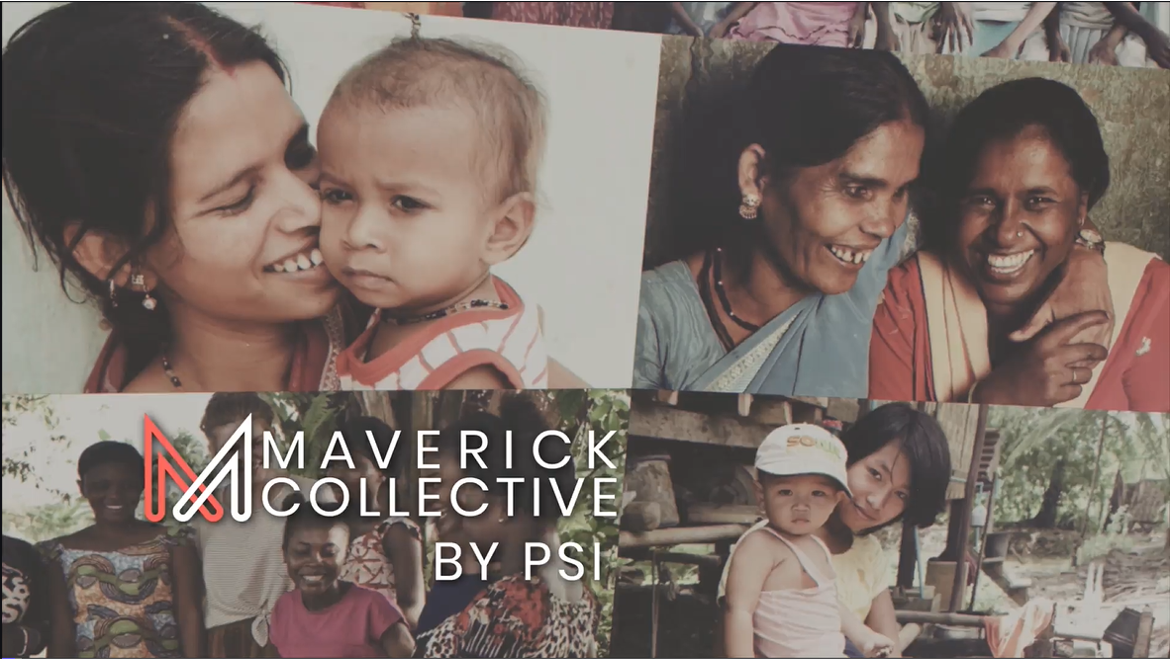
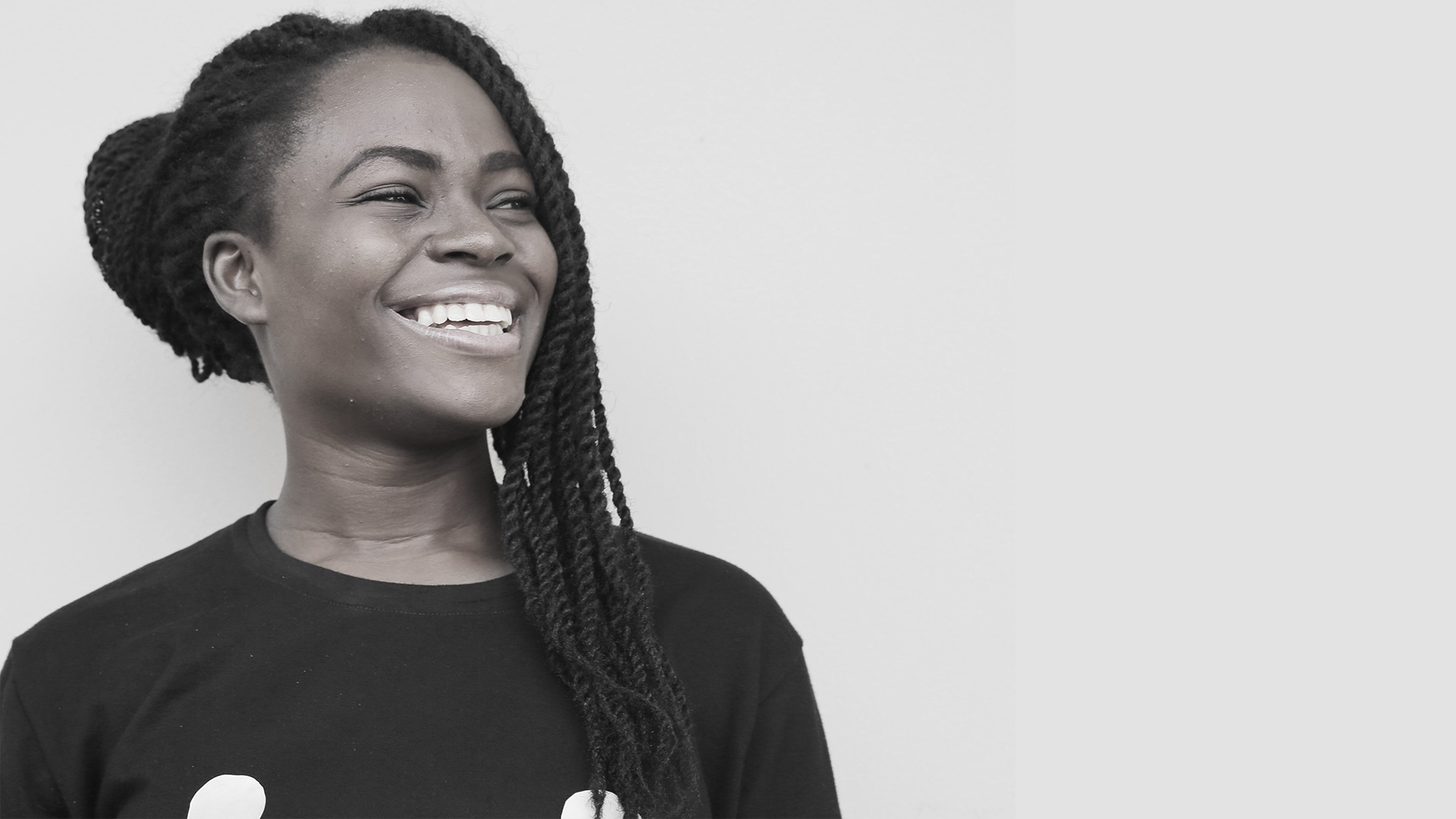
Meet them where they are
NEW WAYS TO REACH YOUTH NOW
From the Desk of
I am so thrilled to officially launch ISSUE, the Maverick Collective’s immersive virtual experience! Think of this as your bi-monthly intellectual indulgence. Chocolate for your brain and a massage for your soul.
Dear Maverick Community,
I am so thrilled to officially launch ISSUE, the Maverick Collective’s immersive virtual experience! Think of this as your bi-monthly intellectual indulgence. Chocolate for your brain and a massage for your soul. We launch this inaugural ISSUE on the first full day of the Biden-Harris administration in the United States, and the start of PSI’s next 50 years. It is a day of hope and possibility!
If you are going to do one thing for yourself this month, get down with this ISSUE! Envisioned and produced by the inimitable Darley Tom with Bridget Hanagan, and in collaboration with guest editors Caitlin Heising and Jess Jacobs, this edition will take you to Nicaragua and Cote d’ Ivoire to see two projects that are catalyzing contraceptive access for girls. In our news-style program, Maverick Beat, you will hear directly from Caitlin, Jess and PSI’s Carlos Vargas, Gaby Kasongo and Marie Baptiste with real-life accounts of program successes and navigating challenges like civil unrest, harmful policies and a global pandemic. In our Masterclass, we bring you none other than the world’s leading expert on adolescent and youth sexual and reproductive health, Dr. V. Chandra-Mouli of the World Health Organization, in conversation with Nigeria’s Adolescents 360 Project Director Fifi Oluwatoyin Ogbondeminu, and social anthropologist Dr. Rebecca Calder. In Unfiltered Momentum, we just get to hang together and bond.
Ready to get going? Whet your appetite with Heart Homework. Sit back with a glass of something and watch Maverick Beat. And RSVP for the Masterclass on February 3 and Unfiltered Momentum on March 3.
Welcome to ISSUE. It’s going to be a great year.
With love,
Rena Greifinger
Managing Director, Maverick Collective by PSI
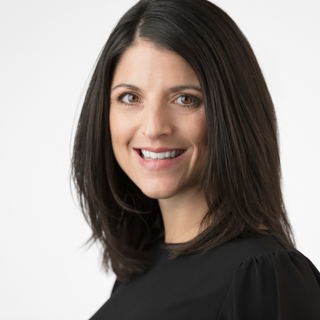
Maverick Beat:
Meet them where they are
Tune in to Episode 1 of Maverick Beat where, over the course of two segments, we spotlight “Teen Moms Adelante” in Nicaragua and “Building a Brighter Future for Girls” in Côte d’Ivoire.

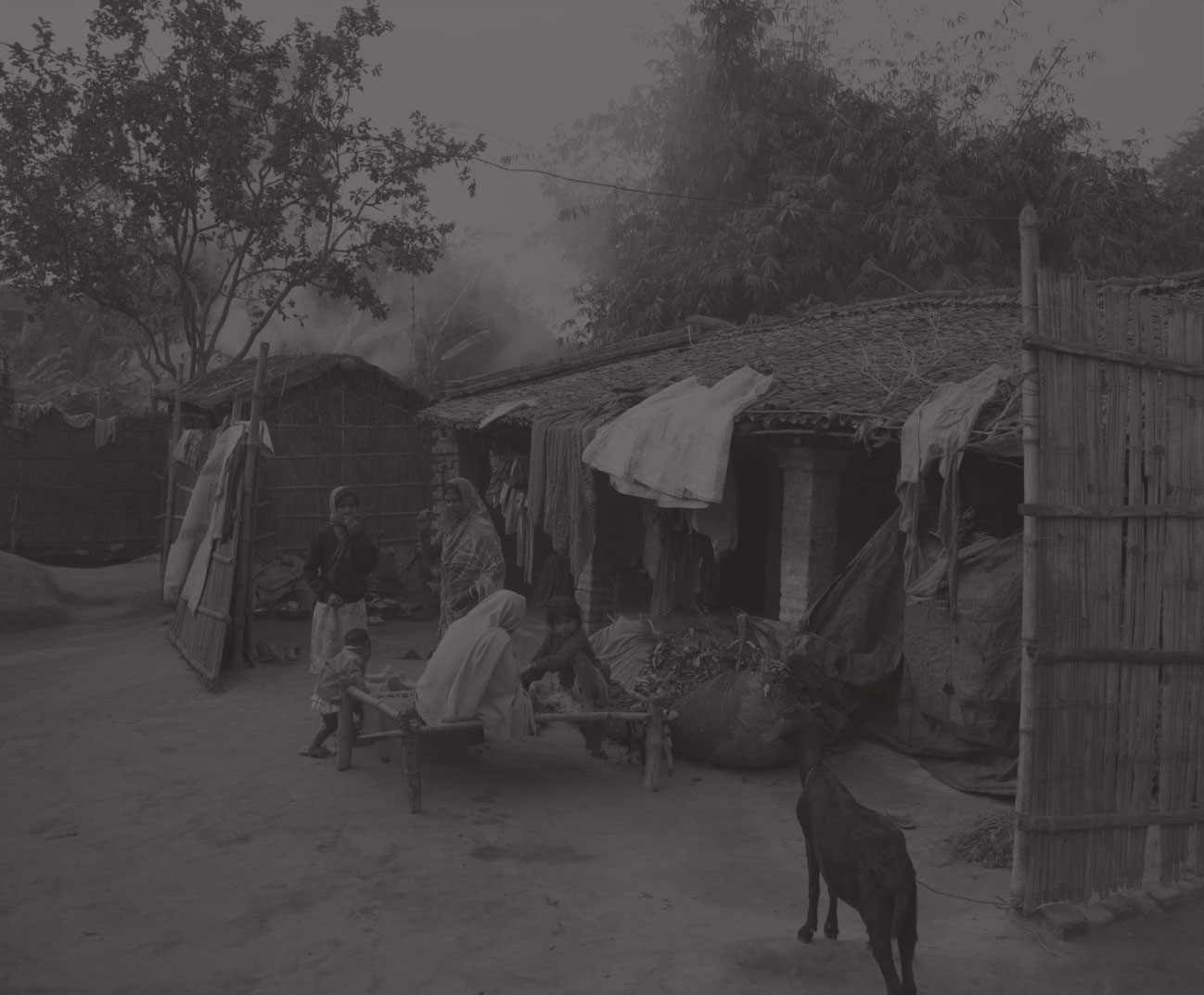
Giving Teen Mothers Contraceptive Choice to Decide Their Futures

Maverick Beat | Ep. 1, Part 1: Nicaragua 13 mins

I felt that I identified with the purposes of the project, and everything they told us was relevant to my life. I stayed [with the clinic] as a promoter.Geydi is a 20-year-old living in a rural area outside of Managua. She has been married for four years and is pursuing a technical degree in Pharmacy. Geydi is a frequent user of Red Segura Clinics, as she does not have the financial resources to pay for services at private clinics and prefers not to visit the public hospitals that are often crowded and require long wait times. Geydi currently lives in her parent’s house and shares her space with more than 10 family members. The lack of privacy in the home often leads to challenges and difficult situations.
Geydi’s dream is to live in her own house with her partner, which led Geydi to think about the right time to have a child. To better educate herself about her options, she sought out information regarding family planning through a friend she met at the Red Segura Clinic.
Geydi found out about the clinic three years ago through a friend and classmate who attended training at the clinic to become a volunteer promoter. Volunteer promoters connect with other young people to bring awareness on family planning methods, violence prevention, and preventing pregnancies at an early age.
“I felt that I identified with the purposes of the project, and everything they told us was relevant to my life. I stayed [with the clinic] as a promoter, promoting the services of family planning counseling, HIV testing, PAP, medical evaluation, and psychological care. I also began to receive medical services from the clinic. The first service I received was a family planning method (Implanon). I sought out this method because I did not want to get pregnant, I was newly married, and it gives me security for three years. I am studying while my partner works part-time, and we are preparing to improve our housing situation.”
Geydi is happy that she can share important information with other young women: “I am very happy to help reduce pregnancy at an early age. It has been a joy to meet people from the clinic. I am grateful for all the information that was shared with me, and now I feel more empowered to speak with other young women. I hope that this project will continue and that more young people benefit from the clinic.”
- 1,300 young people reached with family planning methods
- + 200 young female community leaders trained through the project

All girls should be able to decide when they have children, and should be able to put their health first.Caitlin Heising
Almost a quarter of teenage girls aged 15-19 in Nicaragua are pregnant or have given birth. Social stigma, poverty, and lack of access to sexual and reproductive services, information, and products contribute to teen pregnancy, greatly endangering girls’ lives and lowering their social and economic opportunities.
The Maverick project in Managua, Nicaragua aimed to reduce repeat pregnancies among teen mothers and support young girls to pursue their dreams. By building the sustainable clinic model Red Segura to deliver high-quality, integrated sexual and reproductive health services designed for young people, the project empowered teen mothers to lead the lives they desire.
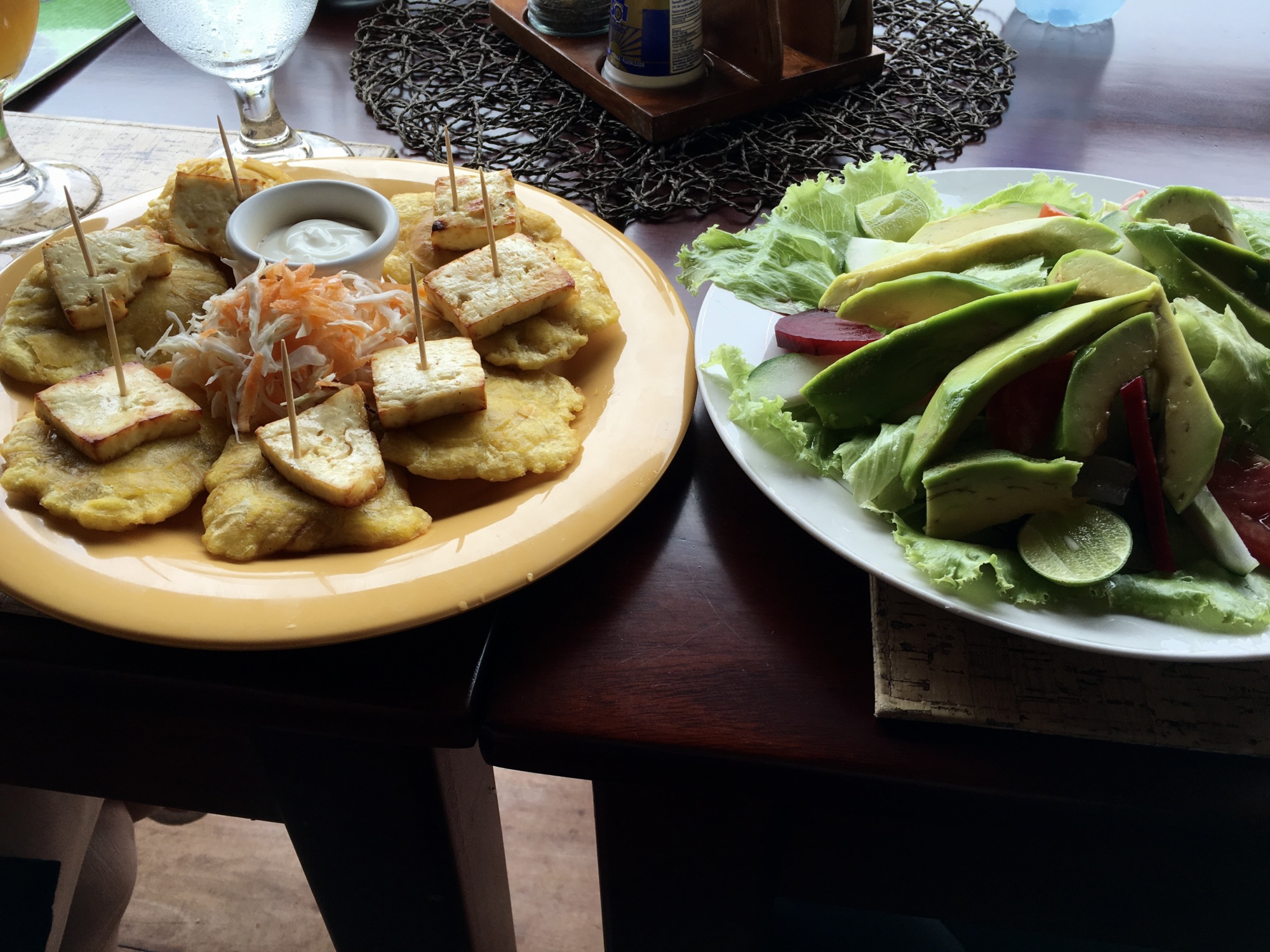
My favorite food in Nicaragua
I had tostones (fried plantains) at every possible meal in Nicaragua. The first time I had them was with my mom, who joined me for a few days during my first project visit. Even better with fried cheese on top.
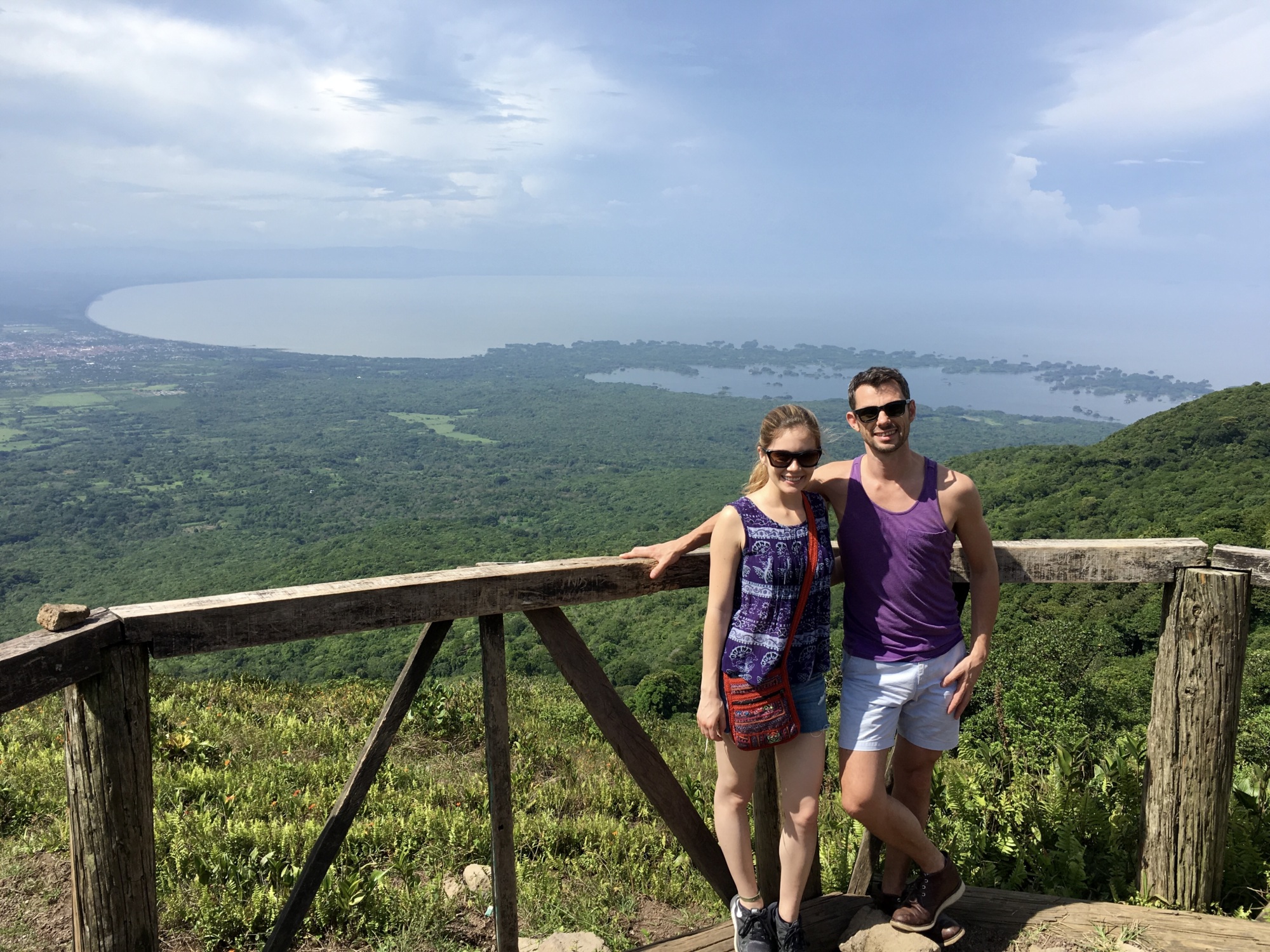
A memorable visit
Malcolm and I visited the Mombacho Volcano national park, near Granada, at the end of my first in-country trip. We walked around the crater, saw some brilliant green frogs, and took in the natural beauty of Nicaragua.
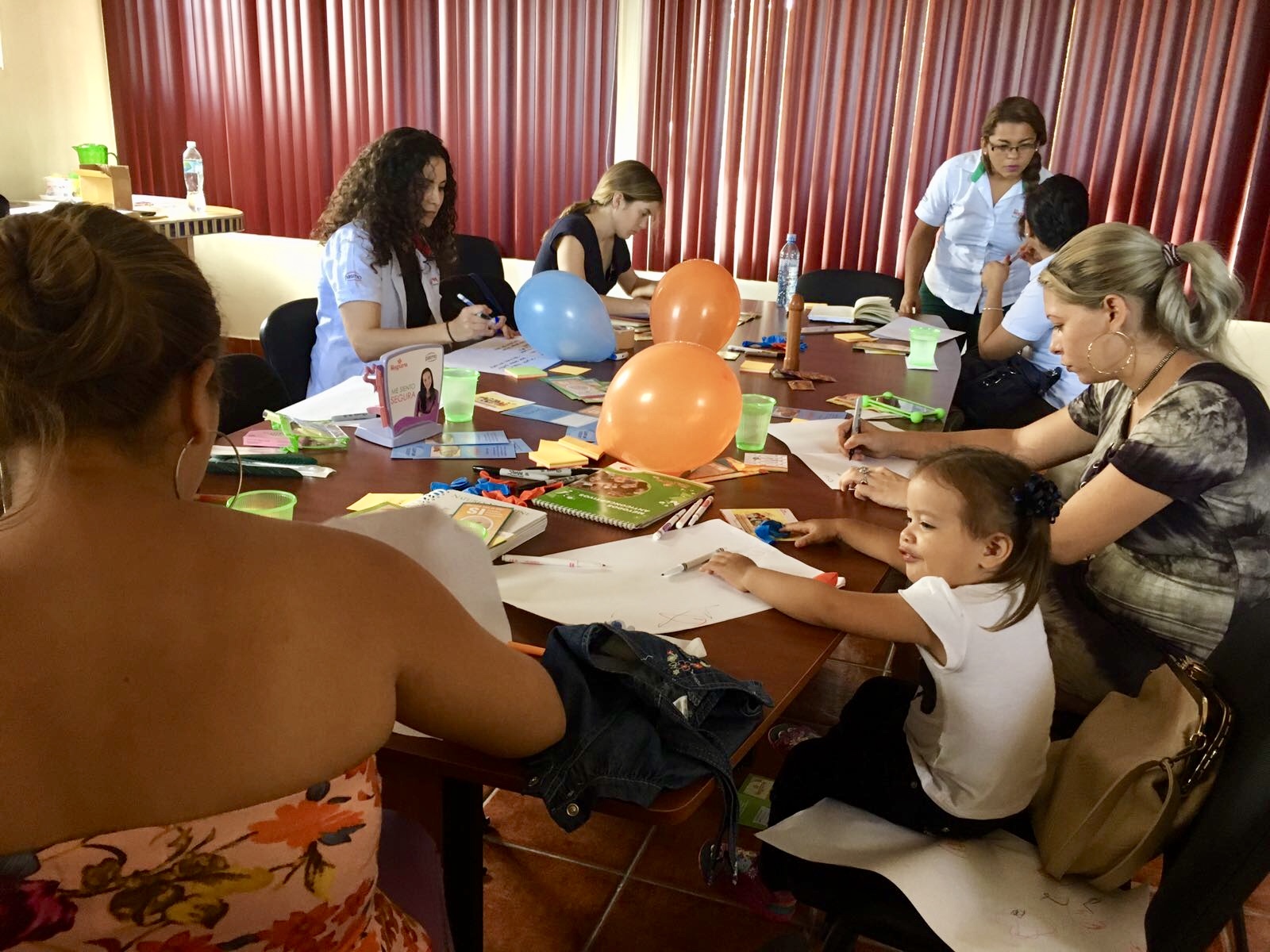
An unexpected moment
One thing we learned during the HCD process was that transportation was a major barrier for young people seeking reproductive health services, particularly for girls who lived outside the main city center far from youth-friendly healthcare centers. With this in mind, we developed the promotora model, working with young women who were trained to provide basic health education and share resources with their peers. A key responsibility of the promotoras became to accompany other girls – either helping them map the bus route or literally going with them – to our project’s model clinic in central Managua. We also created a mobile clinic that could visit more remote communities, and invested more in community partnerships to reach young people where they already were. Looking back, it seems quite basic, but the transportation issue hadn’t been top of mind for our project team until we heard it directly from the girls we were working to serve.
1/3
Advancing Ivorian Girl’s Access to Contraception So They Might Achieve Their Dreams

Maverick Beat | Ep. 1 Part 2: Côte d’Ivoire 13 mins
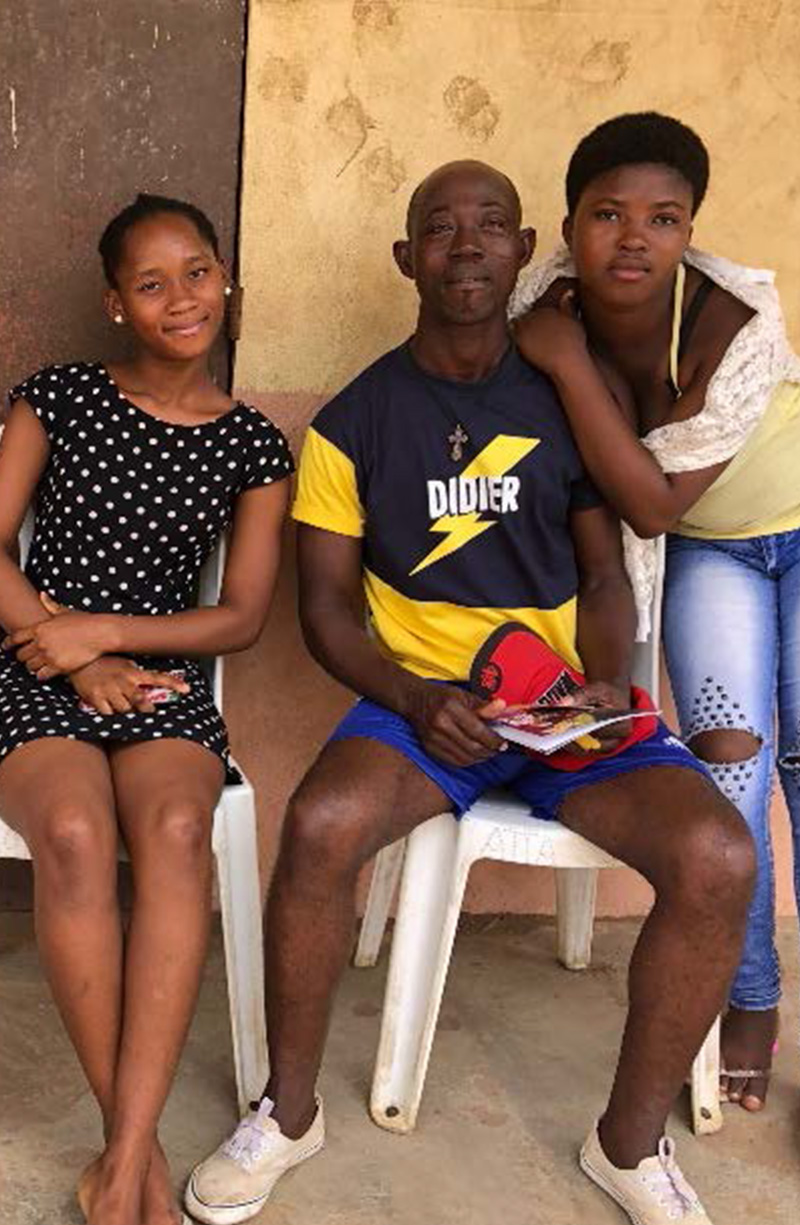
“Mama Bety” is (a) parent mobilizer, working to ensure that parents are engaged and well equipped to support their daughters in decision making around modern contraception.After an initial design workshop — collaborating and co-creating with youth from Cote d’Ivoire — PSI developed a Parent Mobilizer program in response to young people’s desires for safe spaces to discuss sexuality and reproductive health with their parents.
“Mama Bety” is one such parent mobilizer, working to ensure that parents are engaged and well equipped to support their daughters in decision making around modern contraception. Recently, a peer mobilizer introduced Mama Bety to a pair of sisters, aged 17 and 19, at a PSI mobile health service event. The girls had both been using the injectable contraceptive method, but after experiencing side effects, their worried father demanded that they stop subsequent injections. He was hesitant about all contraception, but his daughters wanted to continue protecting themselves from unintended pregnancy.
Mama Bety encouraged the girls to bring their father to the Entre Nous event and spoke to him for nearly half an hour— explaining the importance of modern contraception and the ways in which women and girls use, and often experience, each method. By creating a safe space for their father to ask questions and become an informed advocate, Mama Bety gained his support for his daughters to try a new method –the implant.
When asked why he’d changed his mind, the father said that he understood the importance of contraception, and after talking to Mama Bety, he felt more confident knowing about the potential side effects of the different methods and the fact that none of them cause infertility. Mama Bety highlighted the importance of parent-child communication, encouraging him to continue talking to his daughters and listening to them. Both girls received the implant and felt both relief and delight in knowing that they had their father’s support.
- 31% of youth in Cote D’Ivoire want to use contraception but have no access to it
- 238 deaf girls were reached with information
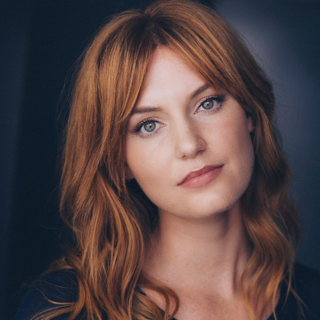
to be able to be working with young women and to be able to be working on access to contraception was deeply connected to my interests and values.Jess Jacobs
In Côte d’Ivoire, contraceptive prevalence is 14.3% among women of childbearing age and 7.3% among adolescents aged 15 to 19. As a result, 31% of contraceptive needs are unmet among young people aged 15-19.
The Maverick project in Côte d’Ivoire aimed to reduce unwanted teenage pregnancies. The project offered girls aged 15-19 an appropriate space to reflect on their future, determine the steps to get there and provide them with the knowledge, social support, and access to contraception to delay pregnancy. A special initiative of the project was to bring contraceptive information to the deaf community which had been marginalized in family planning programs.
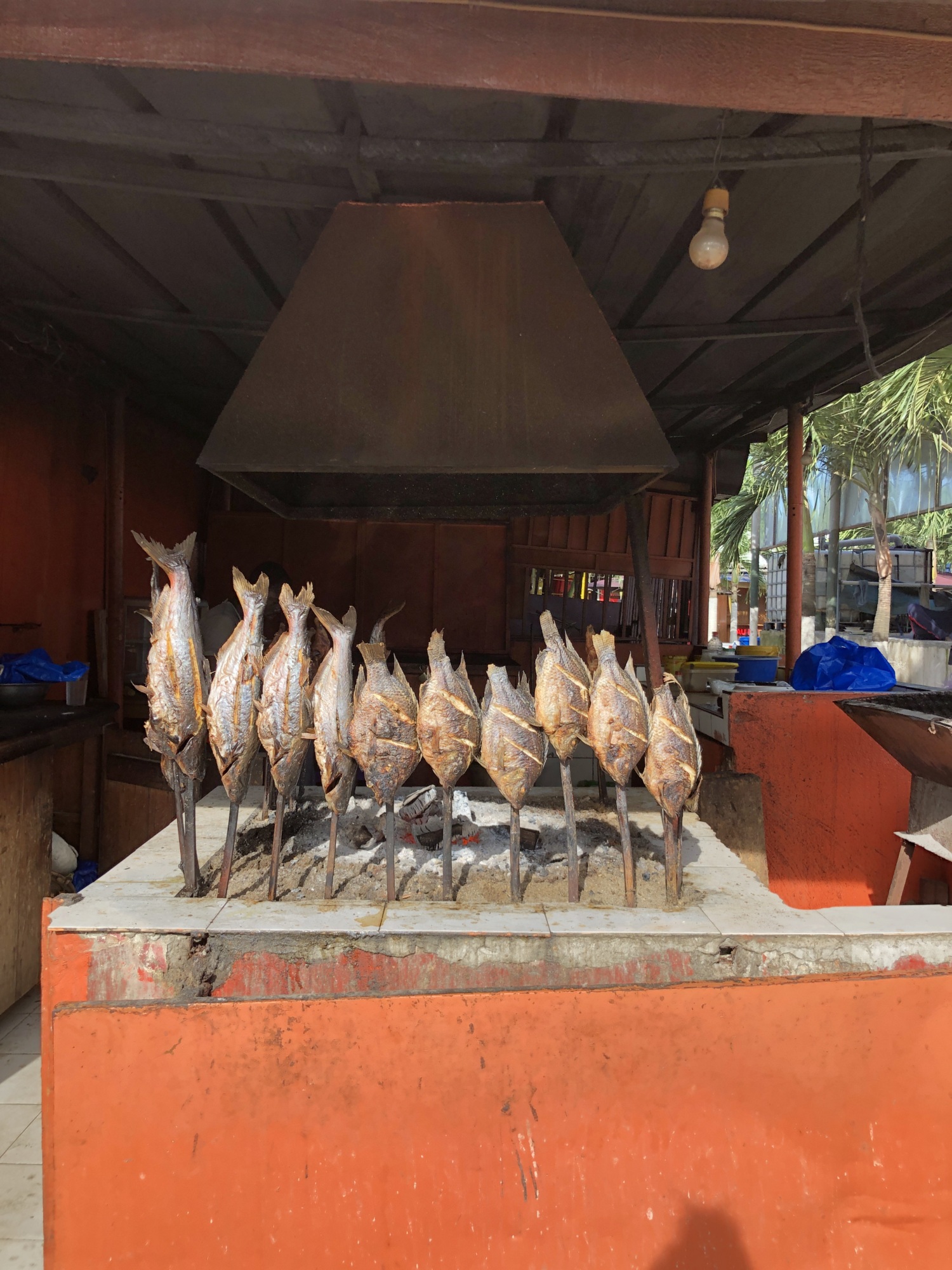
My favorite food in Côte d’Ivoire
The food in Côte d’Ivoire is so good. Beyond good. They make something called attieke, which is sort of like cassava couscous – it’s a little tangy, and goes so well with all the spicy sauces they cook their meats and fish in. It’s my favorite. And they use plantains a ton, fried to make alloko or smashed to make foutou. Poisson fumé (smoked fish) is unbelievably good. One of the visits we had a celebration for all the grand-soeurs who participated in the project and they pulled out all the stops at one of my favorite restaurants in the city for all the young women. It was such fun, and so delicious. My mouth is watering thinking about it.
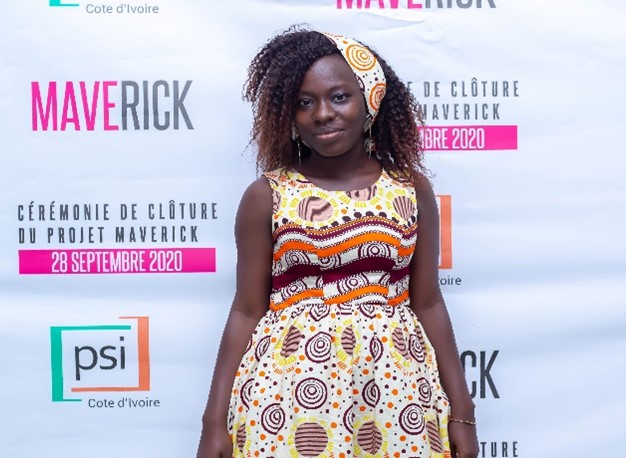
The fashion in Côte d’Ivoire
The fashion in Abidjan is so good. It is an art form of its own. They have the most beautiful fabrics, which you buy by the “pagne” (2×6 yards), and the most talented tailors. Le pagne Baoulé is a traditional Ivorian fabric, but it’s used primarily for very special events like weddings. The wax fabrics are the most commonly seen, and come in every color, loud and subtle, for men and women. I was always super scheduled when I was visiting, so I never made it to the tailors, but I have piles of fabrics I bought from my trips there and can’t wait to go back to have them made into something incredibly stylish (and culturally appropriate for me to wear…). Driving through the city on a casual Tuesday, you would see colors, shapes and patterns which blow the street style of New York Fashion Week out of the water.
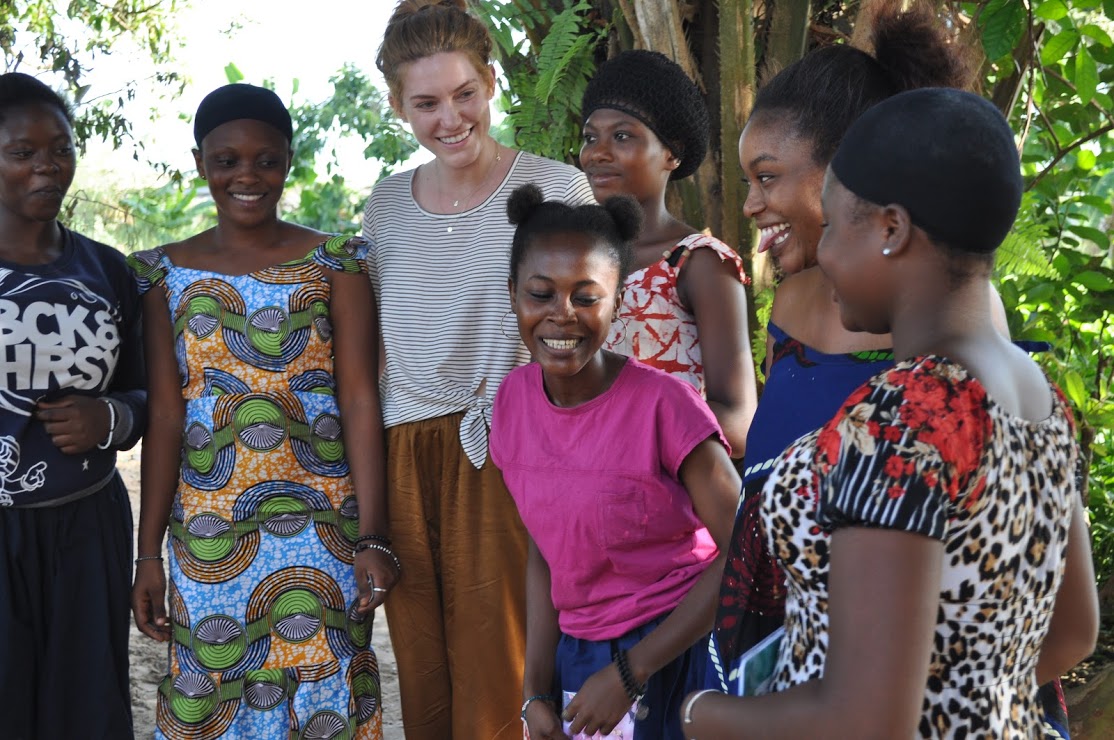
Meeting Sara
Abidjan is such a dynamic city that most of my trips there (I was lucky enough to visit five times over the course of the project!) are replete with memories. But one in particular stands out: the first, during a causerie (“chat” in French, the casual educational gatherings we piloted) in which we sat with a group of girls from Abobo[pictured here], which is an impoverished peri-urban part of the city, who really didn’t know much at all about the reproductive system and contraception, and were talking about the use of a coca cola and coffee mixture to get rid of pregnancy. When the grand soeur (meaning “big sister” – the trained and paid peer educators) told them that it wouldn’t work, because the stomach and the uterus were separate, they pushed back, asking why, then, would a pill you swallow work to prevent pregnancy? A totally logical question! We ended up in a conversation about hormones, which was a totally new concept to them, and by the end of the conversation, they understood how the pill worked (and the implant, and the injectable…). It outlined for me, in a big way, the concept of “dignity” for youth in this work. It isn’t about telling them something will be good for them, and them magically accepting that and changing their behavior. It is truly about honoring their intelligence, their curiosity and their right to have all the information they require to make informed decisions about their bodies and their futures.
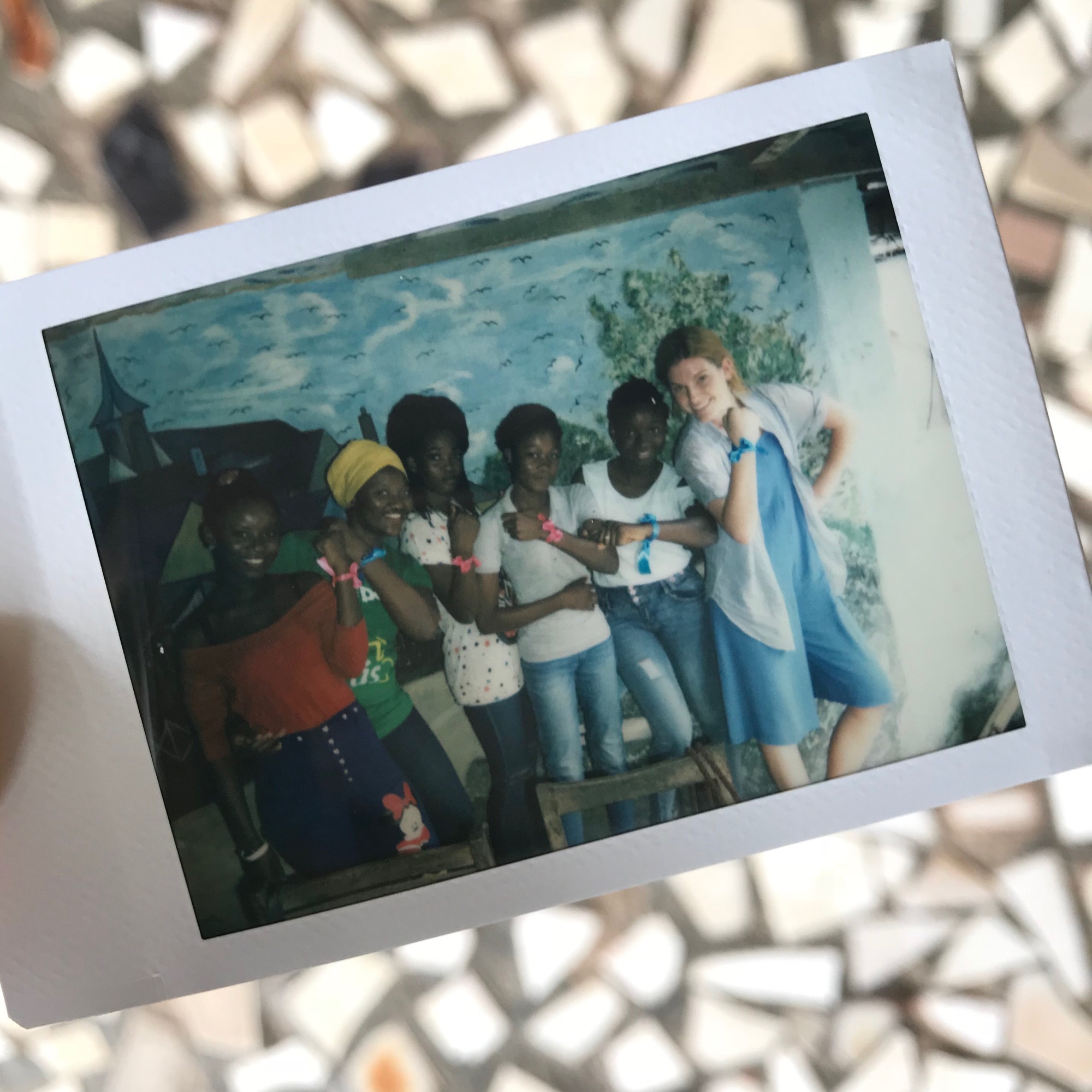
What I learned through this experience
I dove into this work with very little experience to back it up — the largest single gift I had given prior was $10,000 — so I could write a book about what this experience taught me about myself. Most significantly, the element I will take away is the power of trust and relationship building. To walk into this project with no expectation of outcome, to give into the process in partnership with the field team and the girls/young women themselves, allowing the space for true learning and for development which truly centered those closest to the need. We watched the first iteration of this project, driven by our preconceived idea of a “gathering space” for girls, totally fail (we ended up bearing witness to a non-trained peer leader affirm one of her friend’s beliefs that the implant could get lost in your body and make you sterile forever- our program manager, of course, corrected this rumor). But in its place emerged a delightful and organic connection between make-up, skincare, hair care and contraception — all as part of showing up in society as the best YOU you can be — which led to more accurate information, more excitement around contraception and more uptake of services was an incredible thing to watch (and something USAID would never have looked at twice, which taught me the importance of flexible, innovative funding, but that’s the subject of another musing). This energy and approach will inform my philanthropic work, and, for that matter, my non-philanthropic work, for the rest of my life. I suppose until something even more inclusive and just and freeing and transformative comes along.
1/4
Master Class:
Meet Them Where They Are
In this Master Class we will be joined by three leading experts in adolescent and youth sexual and reproductive health.
In this Master Class we will:
- Explore the global context of adolescent and youth sexual and reproductive health (AYSRH)
- Exchange best practices in designing with and reaching young people and how to take these best practices to scale.
- Sharing insights, lessons and the path forward for PSI’s flagship adolescent health project, Adolescents 360.
Keynote Speaker
Speakers
Moderator
Heart Homework
Dig deep and learn more -- in your own time and at your own pace.
-
WATCH: Aquele Papo – made with and for adolescents.
A series using familiar situations and dramas to generate healthy behaviors. Produced by PSI Mozambique.
-
READ: Ask the Pleasure Bot
Using pleasure to reach young Kenyans with reproductive health information.
-
EXPLORE: A360 Learning Hub
Reimagining how adolescents access contraception in Ethiopia, Tanzania, Nigeria, and beyond.
